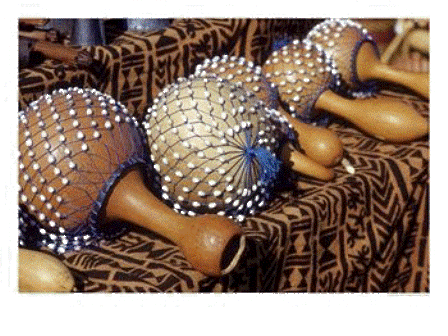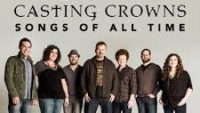One of these following facts about African music will show you what kind of music it is. African music, given the vastness of the continent, is historically ancient, rich, and diverse, with the different regions and nations of Africa having distinct musical traditions; more often than not, these are the reasons why African music travels wide, and in some cases, even to the entertaining BOK Center events Traditional music in much of the continent is passed down orally (or aurally) and is not written. In Sub-Saharan African music traditions, it also frequently relies heavily on percussion instruments of every variety, including xylophones, drums and tone-producing instruments such as the mbira or “thumb piano”. To get to know more about this music, here are some other facts about African facts you might like.
Facts about African music 1: Music and Dance
The music and dance of the African diaspora, formed to varying degrees on African musical traditions, include American music and many Caribbean genres, such assoca, calypso and zouk .
Facts about African music 2: Genres
Latin American music genres such as the samba, rumba, salsa and other clave (rhythm)-based genres, were also founded to varying degrees on the music of enslaved Africans, and have in turn influenced African popular music.

Facts about African music 3: North African Music
Like the musical genres of the Nile Valley and the Horn of Africa, North African music has close ties with Middle Eastern music and utilizes similar melodic modes (maqamat).
Facts about African music 4: Instruments
Besides vocalisation, which uses various techniques such as complex hard melisma and yodel, a wide array of musical instruments are used. African musical instruments include a wide range of drums, slit gongs, rattles, double bells, in addition to melodic instruments including string instruments, different types of harps, and harp-like instruments such as the Kora as well as fiddles.

Facts about African music 5: Drums
Drums used in African traditional music include talking drums, bougarabou and djembe in West Africa, water drums in Central and West Africa, and the different types of ngoma drums (engoma) Central and Southern Africa.
Facts about African music 6: Polyrhytms
The playing of polyrhythms is one of the most universal char acteristics of Sub-Saharan music, in contrast to polyphony in Western music. Several uniquely designed instruments have evolved there over time to facilitate the playing of simultaneous contrasting rhythms.

Facts about African music 7: Relationship to Language
Many language spoken in Africa are tonal languages, leading to a close connection between music and language in some local cultures. These particular communities use vocal sounds and movements with their music as well.
Facts about African music 8: Popular Music
African popular music, like African traditional music, is vast and varied. Most contemporary genres of African popular music build on cross-pollination with western popular music. Many genres of popular music, including blues, jazz and rumba , derive to varying degrees from musical traditions from Africa, taken to the Americas by enslaved Africans.

Facts about African music 9: Afro-Euro Hybrid Style
The Afro-Euro hybrid style, the Cuban son, has had an influence on certain popular music in Africa. Some of the first guitar bands on the continent played covers of Cuban songs.
Facts about African music 10: Congoless Bands
The early guitar-based bands from the Congo called their music rumba (although it was son rather than rumba-based). The Congolese style eventually evolved into what became known as soukous.

Hope you would find those African music facts really interesting, useful and helpful for your additional reading.




my daughter used this sight for her homework it was very helpful and had good quality information included.
site
I know, right, I’m using this website for a social studies project very helpful:)
Amazing
you will be a bad cool man
my daughter used this sight for her homework it was very helpful and had good quality information included………………………..
Used this site a for report. super helpful! =)
I’m in 7th grade in I had to use this for my homework very helpful should use if need help for ss homework.